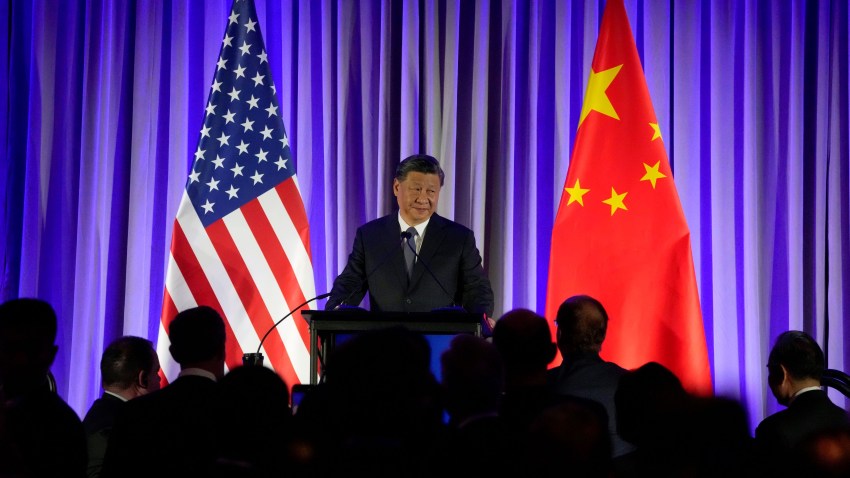Two weeks ago, Chinese President Xi Jinping and U.S. President Joe Biden held their first face-to-face meeting since last November’s G-20 Summit. The visit was generally seen as a success for both sides. Beijing agreed to do more to crack down on the fentanyl supply chain in China. Both sides agreed to restore military-to-military communications. And Xi got a standing ovation from U.S. business leaders and other VIP guests following his speech at a banquet in San Francisco.
However, some media reports noted that the U.S. audience, despite the applause, was disappointed that Xi’s speech did not contain more details about what Beijing will do to solve some of the specific problems facing the international business community operating in China, including limits to market access, increased legal risks, crackdowns on due diligence firms and reduced transparency when it comes to official data and information. After nearly a year of disappointing economic news, optimism about China’s post-pandemic recovery has dissipated. But if foreign direct investment into China has plummeted this year to its lowest level since 1998, it is as much due to these concerns over government policy as to other economic considerations.
Xi’s speech in San Francisco was conciliatory and geared to appeal to the historically successful and mutually beneficial nongovernmental aspects of the U.S.-China relationship, such as people-to-people exchanges and loaned pandas. It was chock full of Xi’s signature ideological ideas, including “Chinese-style modernization” and that bugbear code word for his Marxist critique of capitalist excess: “Common Prosperity.” But it did not pander to the corporate elite.

